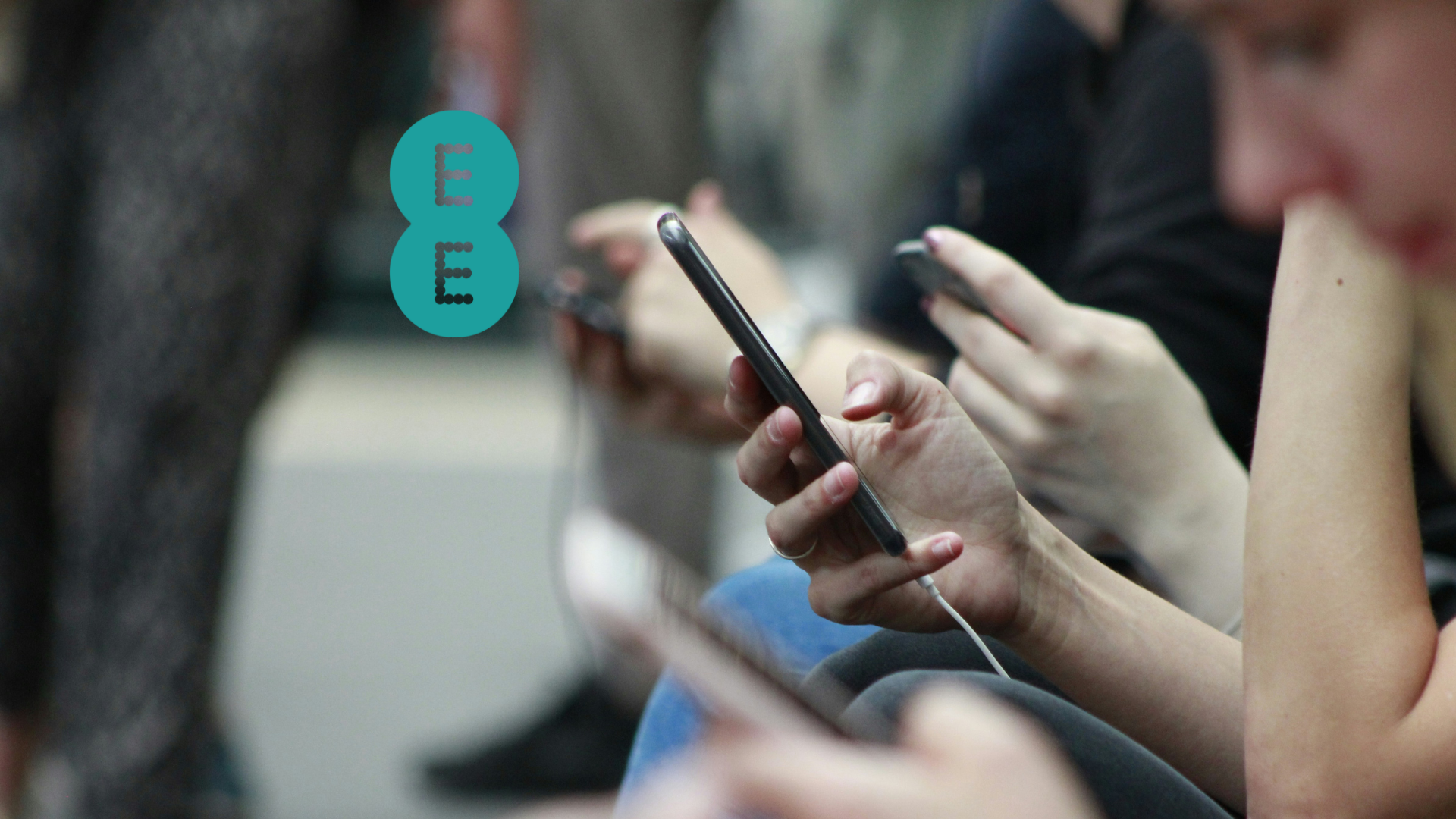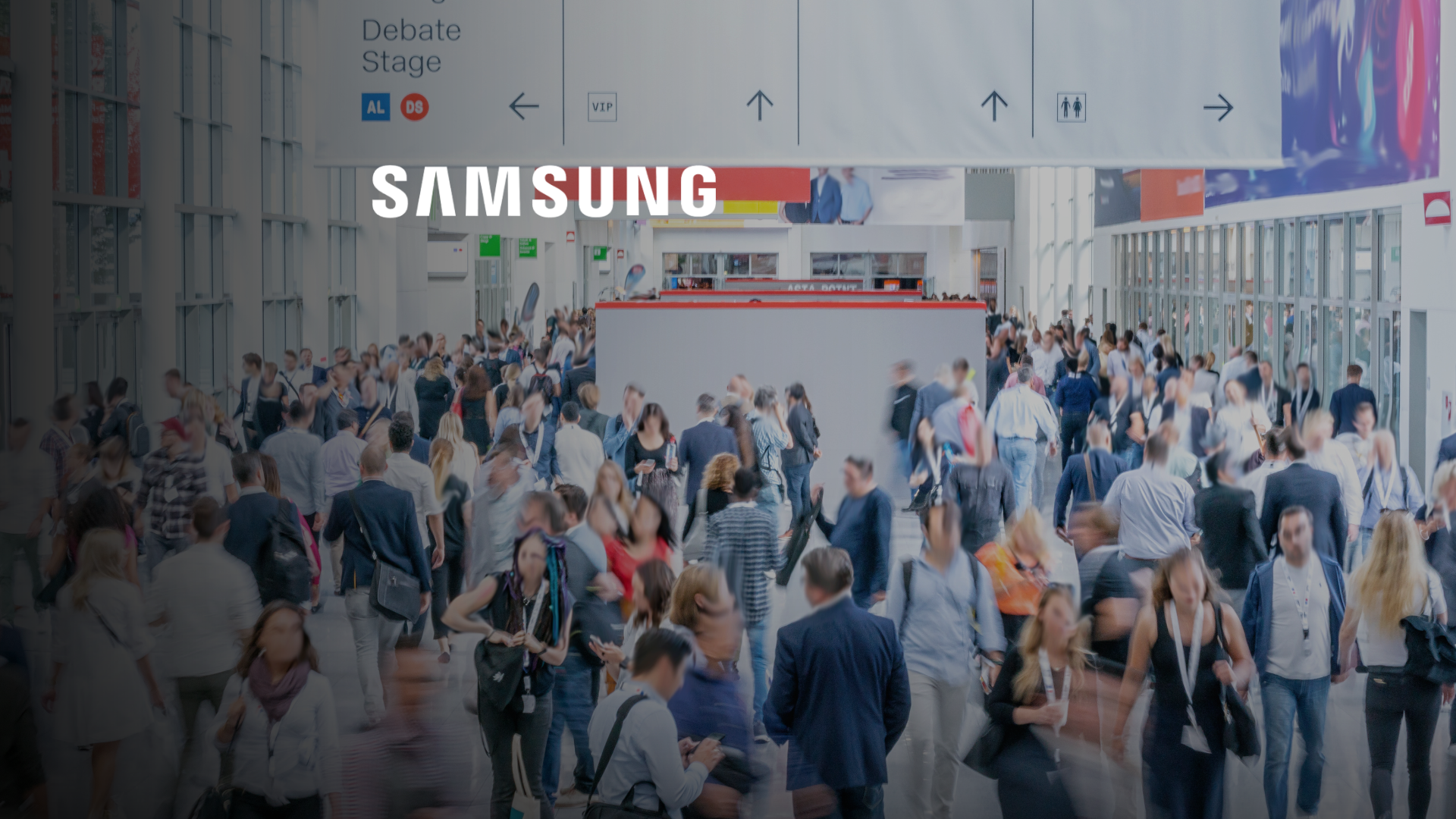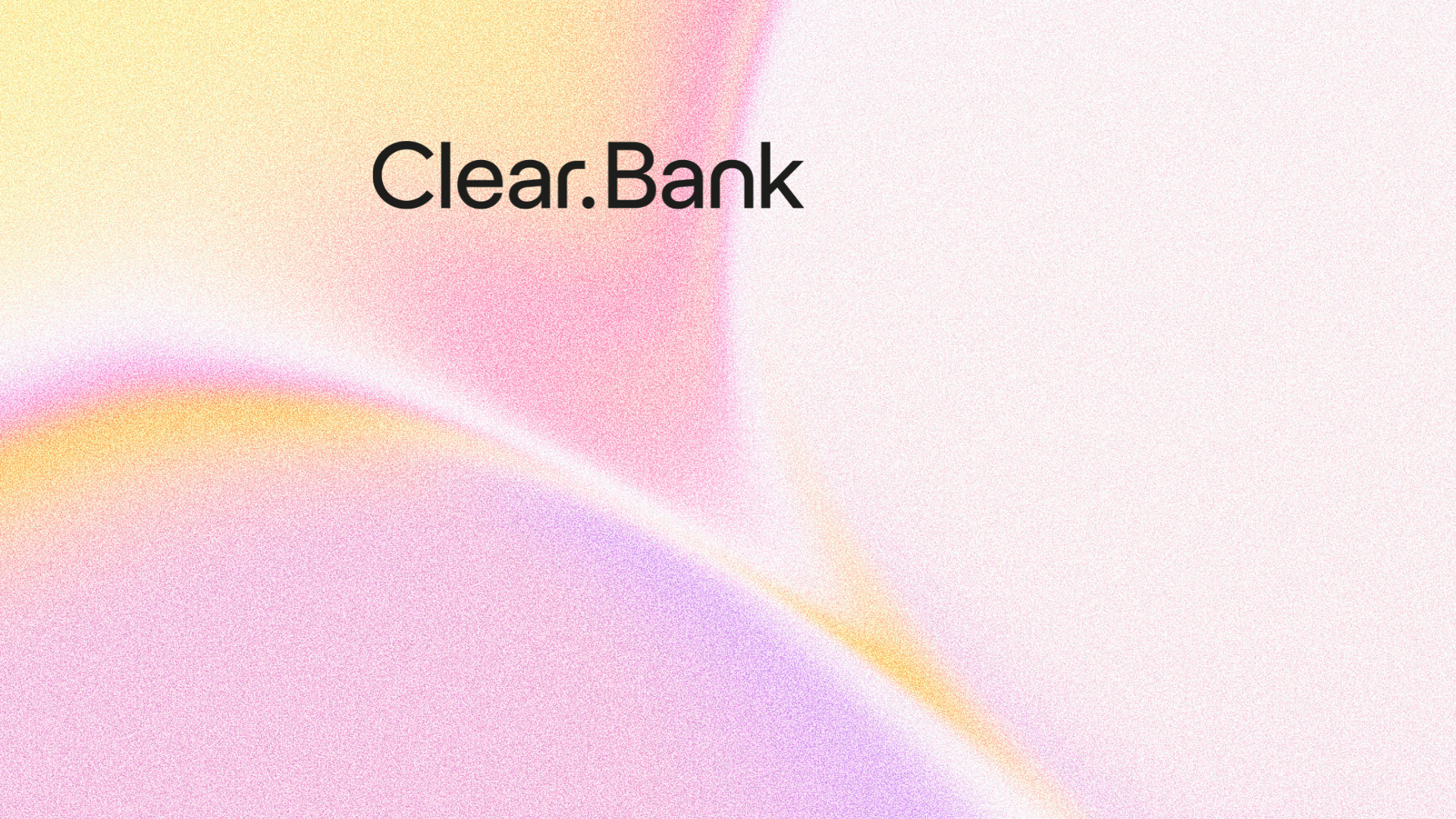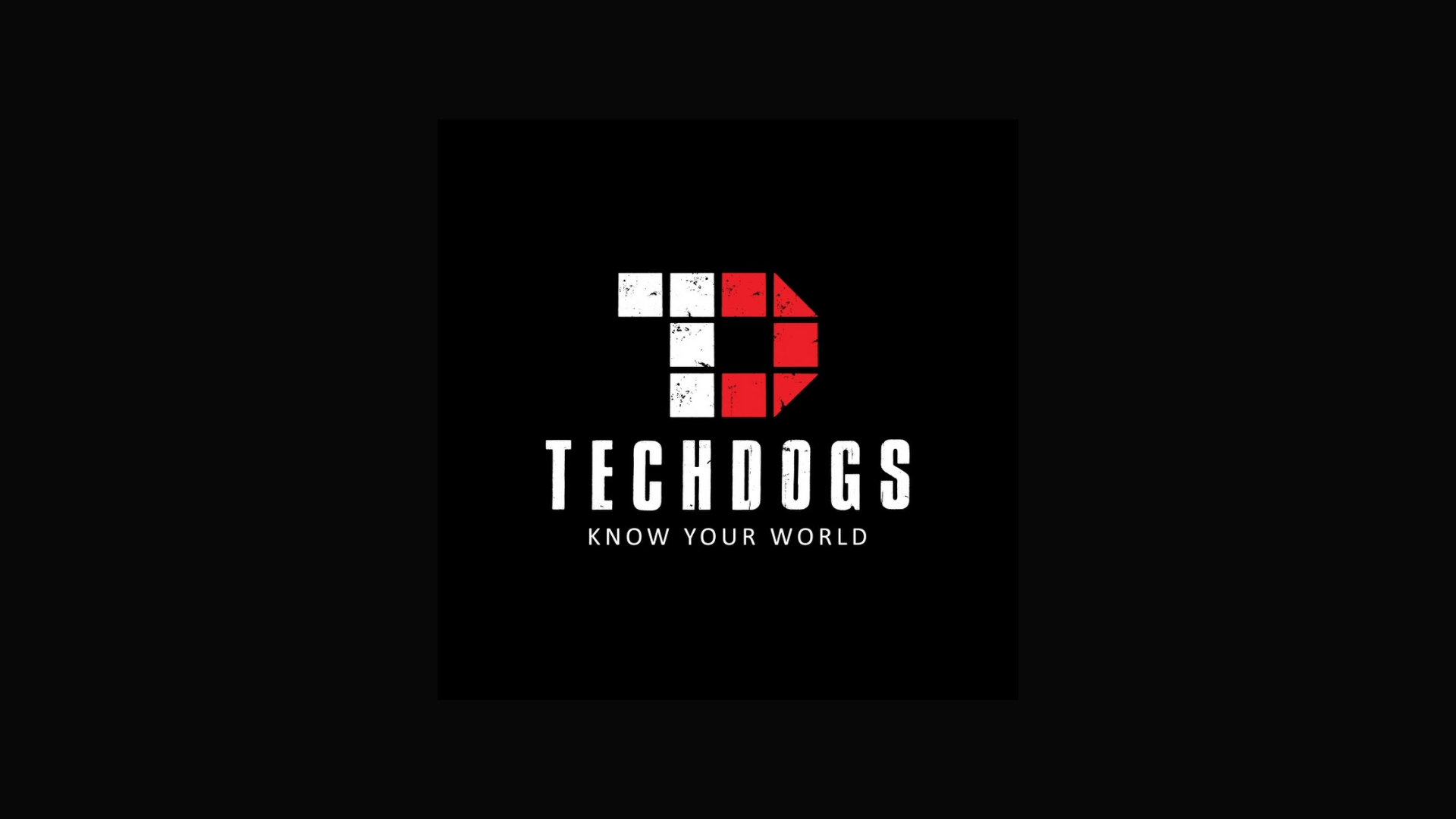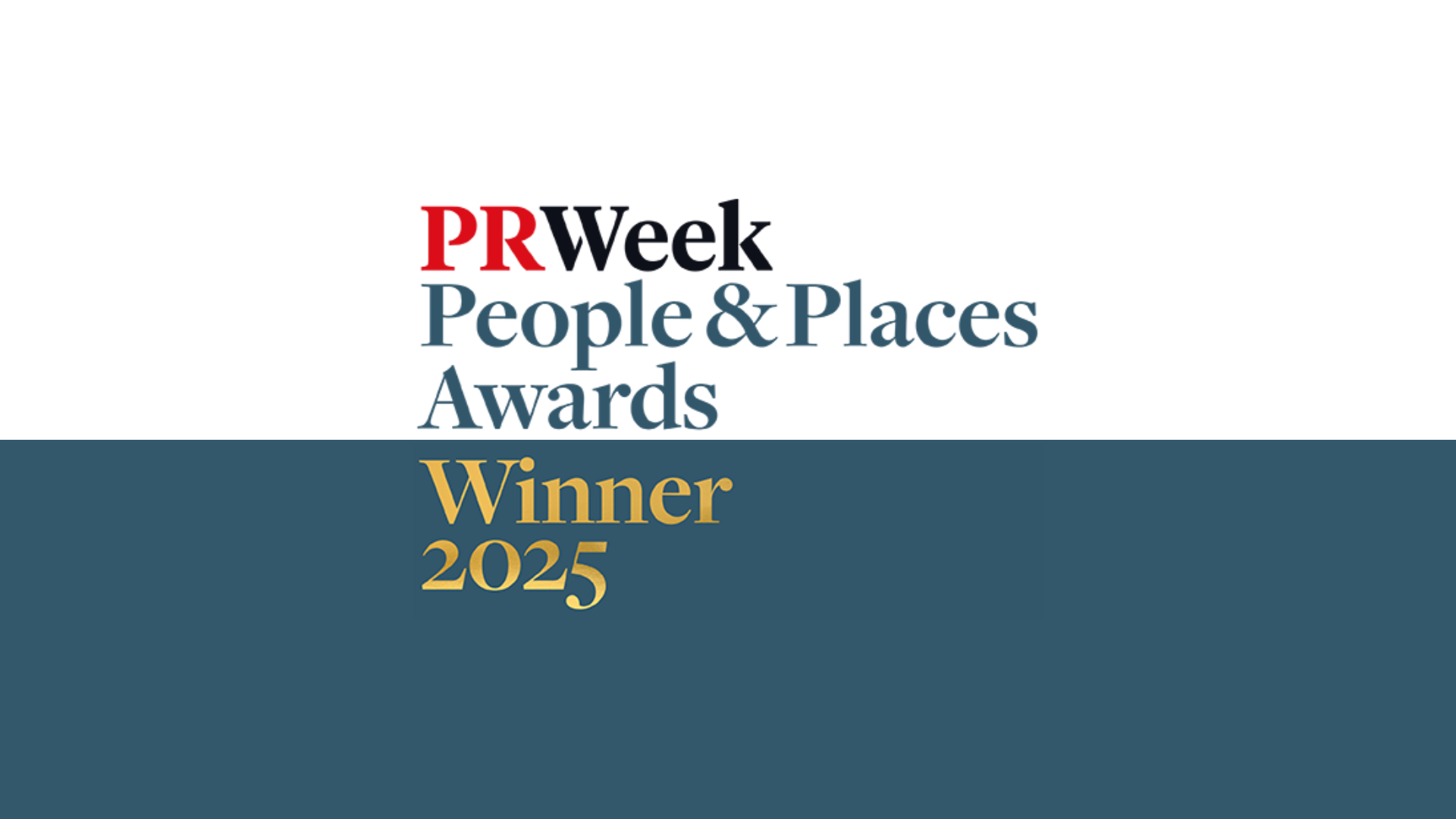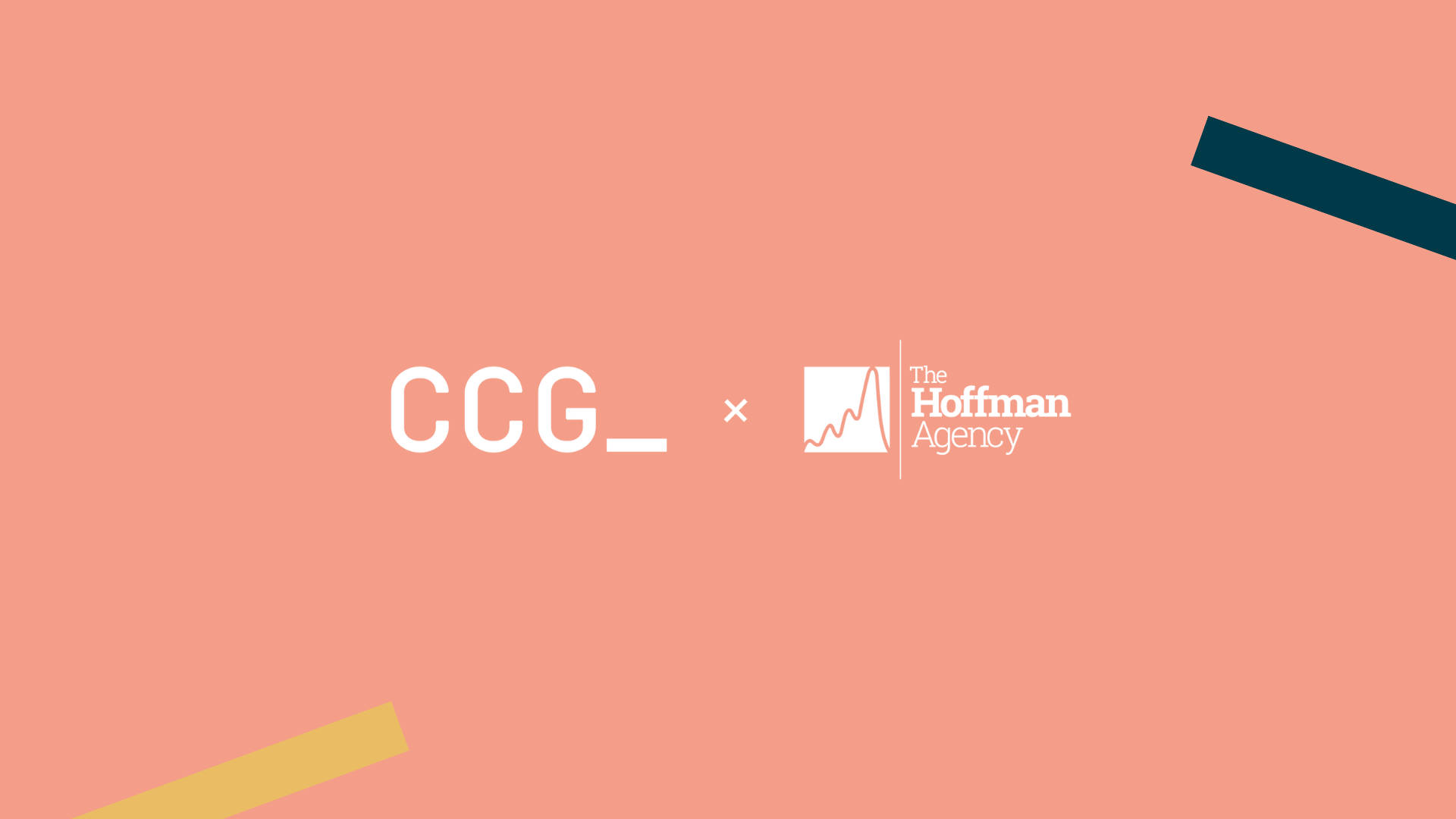If you work in a PR agency, you know it can be a relentless, high-speed, high-stakes industry. You need to be resilient to hard knocks, you need an incredible eye for detail, you need to juggle multiple tasks constantly all while displaying creativity and dynamism as much as possible. Easy, huh?
Neurodivergence can be a help and a hindrance
My ADHD has helped me achieve some amazing things. It has helped accelerate my thinking in critical times, including fuelling my ability to respond to media inquiries in super quick time. My hyperfocus has helped me when responding to new business opportunities or creating in-depth content pieces. But it has also created enormous challenges for me – it impacts my ability to sustain attention, to manage my time and most significantly, to regulate my emotions.
People with ADHD are more likely to suffer from anxiety, depression and burnout – issues that are already prevalent across the PR industry due to long hours, client demands, the 24/7 news cycle, managing a global client base etc.
ADHDers are typically hit harder for a number of reasons:
- Guilt: an inability to prioritise tasks leads to powerful self-criticism. If left unmanaged, this leads to imposter syndrome which constantly undermines self-esteem which hammers away at self-confidence. The word ‘should’ dominates thinking – we should know how to do something, we should have done better, we should have anticipated something different etc.
- Overload or flooding: The impact of endless shoulds is magnified by internal pressure on one’s self. The combination of self-pressure and day-to-day work results in anxious frenzy. Constant notifications, meetings and an endless pressure to perform leads to chronic stress – especially because the expectations placed on self tend to be wildly unrealistic (because of what we should be able to do).
- Masking and overcompensating: often, the only way for ADHDers to get by and progress in a world of neurotypical expectations is to work harder to overcome perceived inadequacies. This means working relentless overtime to keep up with colleagues. This just accelerates the path to burnout where everything unravels.
Culture matters: how agencies can help
Relatively few neurodivergent people have a diagnosis or are aware of their own neurological behaviours. Improving education around these traits and outcomes is essential in creating more inclusive working environments. Here are some things that agencies can do to help a neurodivergent workforce:
- Normalise neurodiversity: stigma is hugely damaging. Neurodivergent people are not scatty, unreliable or emotional timebombs. They simply process information and react to situations differently – patience, compassion and understanding go a long way.
- Promote flexibility: dispense with the mentality of, if I can do it in the normal way, why can’t they? Celebrate difference and set neurodivergent people up for success. Be flexible in working practices, acknowledge not all people fit the same template.
- Use tech but above all, be patient: clear briefs, structured timelines, and visual task boards help manage priorities and reduce forgetfulness. No software tool can replace compassion and understanding, however (though neurodivergence is not an excuse for not trying or doing!)
- Make adjustments: work with the person to find out how the agency, managers and team members can support them to work at their highest potential. It is often different from person to person, so it’s important that it’s personalised support. Be open to new ways of working!
- Observe and be ready to intervene: having Mental Health First Aiders on standby is very important. Recognising when a colleague is struggling with anxiety, depression or burnout is vital in helping them overcome it. Access to coaching, therapy, or ADHD-specific support services can make a huge difference.
- Always educate: where possible, educate leadership and the wider team on neurodiversity and how each person can help.
Thriving, Not Just Surviving
People with ADHD can be some of the most dynamic contributors in PR teams—often seeing creative solutions where others don’t. But to reach this potential the industry needs to evolve its understanding of productivity, success, and mental wellness.
ADHD isn’t an illness, nor a deficiency or flaw. It’s a different operating system – a different way of thinking and processing information. The PR industry is obsessed with messaging and driving connections – recognising the unique strengths and challenges of ADHD can help both individuals and agencies thrive.
